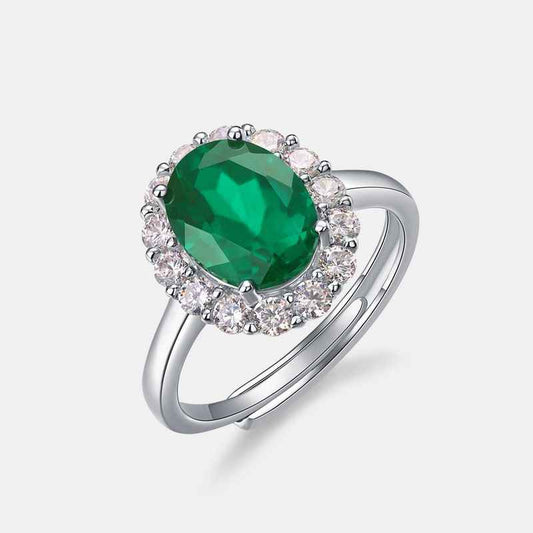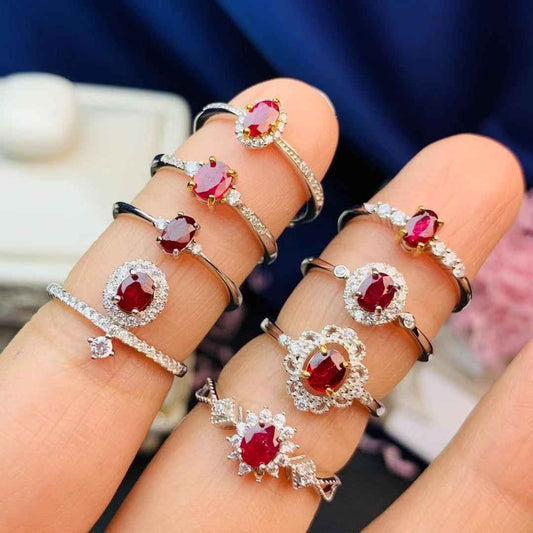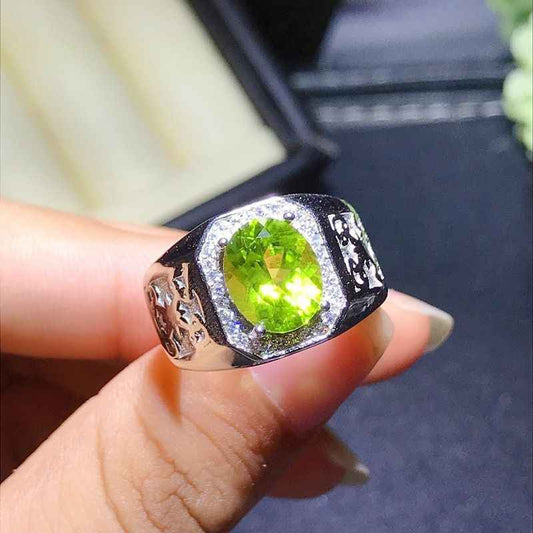Feng Shui and Christianity: Finding Harmony in Belief and Environment
Share

Feng Shui, an ancient Chinese practice, focuses on harmonizing individuals with their environment. It is deeply rooted in the belief that our surroundings significantly influence our lives, health, and well-being. Christianity, on the other hand, is a faith that emphasizes a personal relationship with God, moral living, and the salvation offered through Jesus Christ. At first glance, these two might seem unrelated or even contradictory. However, when we delve deeper, we can find intriguing intersections that offer a harmonious blend of spiritual and environmental well-being.
Understanding Feng Shui
Feng Shui, literally translated as "wind-water," is a practice that dates back over 3,000 years. It involves arranging living spaces in a way that maximizes the flow of "Qi" or life energy. According to Feng Shui principles, everything in our environment, from furniture placement to color schemes, affects the energy around us. This energy, in turn, influences our health, happiness, and prosperity.
Feng Shui emphasizes balance and harmony with nature, and it uses the five elements—wood, fire, earth, metal, and water—to create an environment conducive to positive energy flow. The goal is to create spaces where one feels balanced, peaceful, and in tune with their surroundings.
Christianity and the Spiritual Environment
Christianity teaches that God is the creator of all things and that His presence can be found throughout creation. Many Christians believe that their physical environment can be a reflection of their spiritual life. Cleanliness, order, and beauty in a home are often seen as reflections of God’s glory and order. Biblical references, such as the design of the Tabernacle in the Old Testament, show that God values a well-ordered and purposeful environment.
In Christian thought, the home is often viewed as a sanctuary, a place where faith is nurtured, and God's presence is felt. The concept of stewardship—caring for what God has given us—extends to our homes and the environment. This stewardship includes creating spaces that promote peace, love, and respect for God’s creation.
Can Feng Shui and Christianity Coexist?
The question arises: Can a Christian incorporate Feng Shui into their life? The answer is not straightforward, as it largely depends on one's personal beliefs and understanding of both practices.
For some Christians, Feng Shui may appear to be in conflict with their faith, especially if it's perceived as superstitious or reliant on non-Christian spiritual practices. However, when Feng Shui is viewed simply as a means to create a more harmonious and balanced environment, free of any spiritual connotations, it can align with Christian values.
For instance, Feng Shui's emphasis on decluttering and creating a peaceful, organized home resonates with the Christian principle of living in a way that honors God. An uncluttered, peaceful space can foster spiritual reflection, prayer, and a deeper connection with God. The focus on natural elements in Feng Shui, such as light and plants, can also be appreciated from a Christian perspective as a way to celebrate God’s creation.
Integrating Feng Shui Principles in a Christian Home
-
Declutter and Organize: A clean, organized space can reduce stress and create an environment where spiritual practices like prayer and meditation are more meaningful. This aligns with the Christian principle of stewardship—caring for what God has entrusted to us.
-
Use Natural Elements: Incorporating natural elements like plants, water features, and natural light can enhance the feeling of God’s presence in the home. These elements are reminders of God’s creation and can help create a serene, reflective environment.
-
Create Spaces for Spiritual Practices: Designate areas in your home specifically for prayer, meditation, or reading the Bible. These spaces should be peaceful, free from distractions, and conducive to spiritual growth.
-
Balance and Harmony: Focus on creating a balanced environment where all aspects of life—physical, emotional, and spiritual—are nurtured. This balance is in line with Christian teachings of living a life that honors God in all things.
Conclusion
While Feng Shui and Christianity come from different cultural and spiritual backgrounds, they share common values of creating a harmonious and balanced environment. For Christians who are open to exploring Feng Shui, it can be a tool to enhance their home environment in a way that supports their faith and spiritual well-being. The key is to approach Feng Shui as a practice that complements, rather than conflicts with, Christian beliefs, using it to create spaces that reflect God’s order, peace, and beauty.





